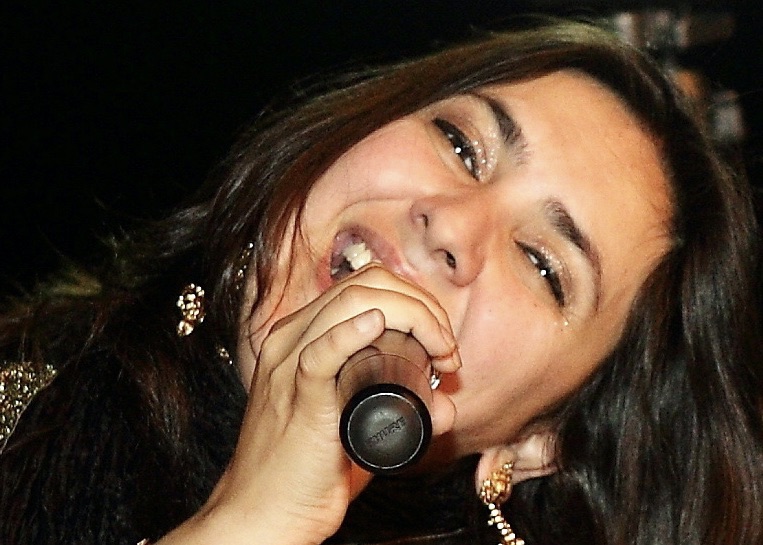Conquering Stage Fright : A perception shift
What is our perception of Stage Fright?
A racing pulse, nausea, butterflies in the stomach, sweaty palms, shivering, dizziness, anxiety, stress, negative thoughts, self deprecating thoughts, the feeling of impending doom, the mind going blank are some very commonly occurring things that we would think of.
Our very perception of stage fright puts us into a negative spiral. A shift in this perception could make a huge impact on how we feel before getting on stage and how we perform on stage.
Our thoughts before a performance manifest themselves into the physical symptoms that we have described above. These thoughts are usually initiated at a subconscious level, making its way to the conscious level, where we have the opportunity to regain control of how we steer ourselves for a better outcome.
The first step however is to calm the mind and the body, the physical you. Simply closing your eyes, deep breathing, stretching and meditation techniques like visualising a physically calm and happy you, will help you achieve that.
The second step is mental maneuvering to transform negative energy into positive energy. “Think before you Think” is one of the most effective ways to help yourself. Close your eyes, take a deep breath and think about whether what you are thinking is worth thinking about in the first place. Then think of what new thoughts you can introduce to replace these thoughts. The idea is to become an active part of the process of taking charge of your mind rather than allowing a passive invasion of your mind and thereby your body.
The skill level of the performer comes from his practice, not from what he will do on that particular day. What happens on stage is an automatic manifestation of the performers past practice. You don’t have to worry about that at all, because it is a part of you. You need to have faith in the time you have invested in your skill and allow it to take over. Practice not only includes vocal skill building but also planning and strategizing stage and live situations. Having well rehearsed back up plans for all imaginable calamities will help you take charge of any situation you may find yourself in.
Performance is seldom about the performer, it is about the audience. Detachment from yourself will allow for a focal shift towards the audience and to the fact that your performance is taking them on a journey with you. The stage is your home and these are your guests. They are already happy to be there and are already on board with whatever you have to offer them. The feeling of giving will release endorphins and make you feel good, happy and calm. The nervous energy will become a positive one. When we think of what we as a performer will do on stage, our focus becomes that of judgement from the audience. The perception shift towards the audience, makes it a completely different experience for the performer. Mistakes then become irrelevant because the energy on stage is all encompassing. Performance is always more about the energy and vibe that the performer gives out rather than the intricacies of the skill itself especially because live performance situations are dynamic and variable in nature.
And remember, some amount of nervous energy is always good because it encourages mindfulness, focus and pre performance preparedness. It helps us not take our audience for granted. However, when this energy turns into a debilitating force then it is time to address it seriously.
